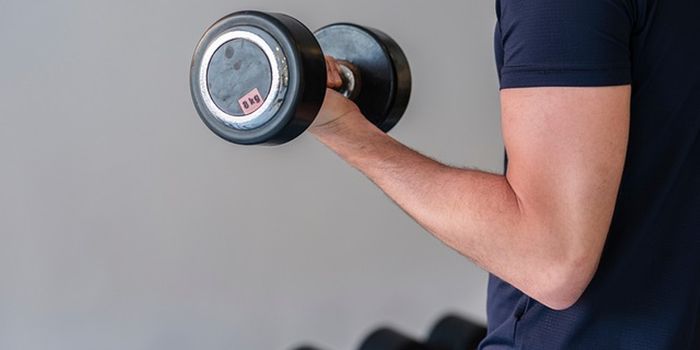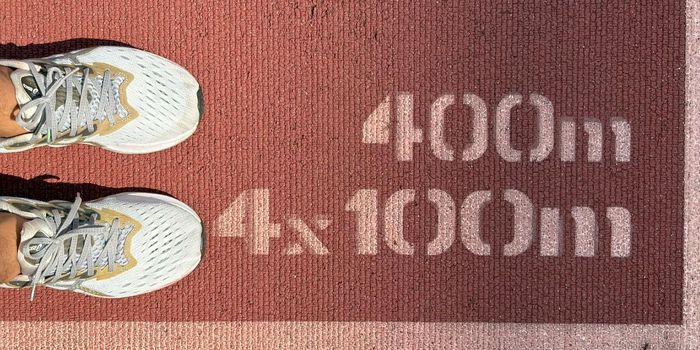Women's Blood Vessels Age Faster than Men's, Study shows
Around 75 million Americans have high blood pressure, or roughly 1 in every 3 adults. Now, new research has shown that women’s blood vessels age faster than men’s, something that may explain the different stages of life at which men and women develop cardiovascular problems.
For the study, researchers at the Smidt Heart Institute at Cedars-Sinai tracked 32,833 people aged between 5 to 98 over 43 years. With 54% of the cohort being female, they analyzed 145,000 blood pressure readings from the participants alongside other generic health records taken throughout the period.
In the end, they found that women tended to show steeper increases in blood pressure measures from as early as in their 30’s, and that these increases tended to continue for the rest of their lives. This increased blood pressure is thought to lead to the deterioration of both large and small arteries, something that men tended to experience at a lesser rate.
Susan Cheng, the study’s lead author and director of Public Health Research at the Smidt Heart Institute said, “Many of us in medicine have long believed that women simply ‘catch up’ to men in terms of their cardiovascular risk...Our research not only confirms that women have different biology and physiology than their male counterparts, but also illustrates why it is that women may be more susceptible to developing certain types of cardiovascular disease, and at different points in life.”
She continued to explain that, as women start off with lower blood pressure than men, the steeper incline of its increase in their 30’s likely leads to more physiological damage along the way than experienced by men. This then makes them more susceptible to heart problems earlier in life. For example, this mechanism would make a 30 year old woman with high blood pressure at a greater risk of developing cardiovascular disease than a male peer as her body has undergone more physiological stress to attain the high blood pressure.
According to Chirstine Albert, the founding chairperson of the Department of Cardiology at the Smidt Heart Institute, this new research should be able to guide clinicians and researchers to approach women differently when both treating and studying their cardiovascular health. She said, “This study is yet another reminder to physicians that many aspects of our cardiovascular evaluation and therapy need to be tailored specifically for women. Results from studies performed in men may not be directly extrapolated to women."
Sources: EurekAlert, JAMA Cardiology and The Hill









